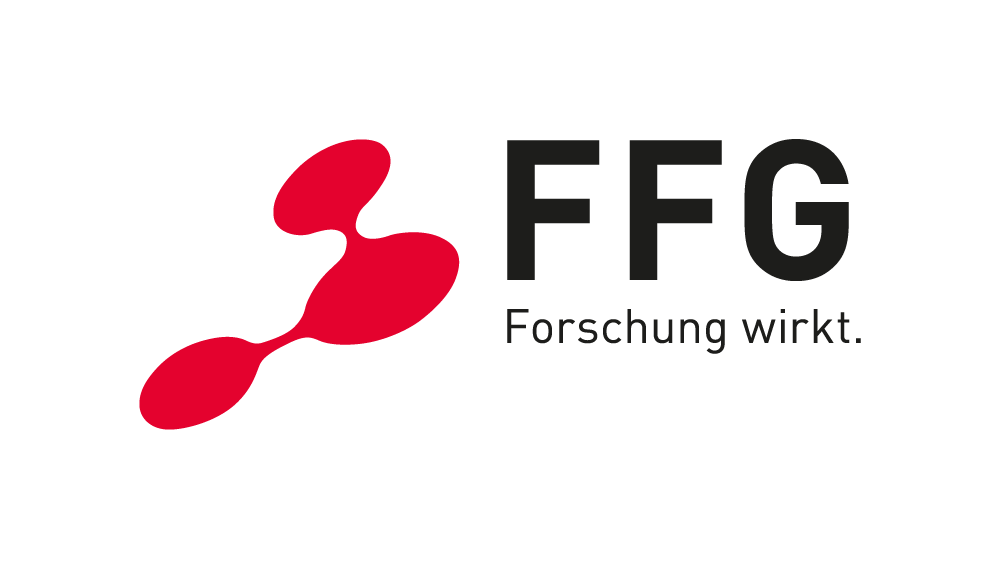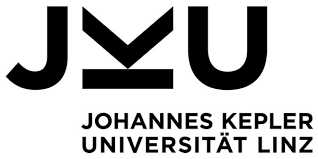Everybody has experienced situations with bad communication performance on his or her mobile device. ACCM in cooperation with Alpen-Adria-Universität Klagenfurt has found a method to significantly reduce interference and thus improve performance by means of digital signal processing and information technology. This solution is energy- and cost efficient and has already been tested in new chips (integrated circuits). This work has been awarded the Houska Recognition Award.
Improving Mobile Communications Performance
Mobile communication devices such as smart phones or tablets transmit and receive their radio signals simultaneously. Even though transmission and reception takes place at different frequencies, these signals can interfere, thus causing reception errors which are experienced by the user as a slow data connection.
Christian Lederer and Mario Huemer from the Institute of Networked and Embedded Systems at the Alpen-Adria-Universität Klagenfurt have been working on a solution to this problem based on digital signal processing which is cost- and energy efficient so that it can be implemented in future chips.
The current solution to the problem of interference is the use of filters. These filters, however, require space on the printed circuit board, are costly, and reduce the transmitted and received signal power. In addition, different filters are required for operation in different geographical regions like the USA, Europe, or Australia.
The researchers developed a different approach, which is based on digital electronics. The underlying algorithm can replace analog filters and can be reconfigured on the fly for operation in any country worldwide. Furthermore, it is highly efficient and its implementation requires just a fraction of a square-millimeter of a silicon chip.
After performing research for four years, the algorithm is now being implemented in a new series of chips by the company partner „Danube Mobile Communications Engineering”, a subsidiary of Intel Corporation, and number two on the market for mobile communication chips. The work has been patented in Germany and the USA. It is expected that during the next five years up to 100 million chips using this algorithm will be sold to mobile communication device manufacturers. Besides contributing to customer satisfaction, this work strengthens Austria’s economic position as an innovation driver in high-end electronics.The B&C Privatstiftung supports application-oriented research projects and honors the excellent research performed at public universities in Austria by its annually awarded research prize. The total remuneration of the Houska-Prize is 300.000,-, thus being the largest privately issued research prize in Austria. Every nominated project from Austrian universities is already a winner. The ranks 1 to 10 are rewarded with 120.000,-, 70.000,-, 40.000,-, and 10.000,- EUR each, respectively. The awards ceremony took place on April 25, 2013 in Vienna.
Impact and effects
After performing research for four years, the algorithm is now being implemented in a new series of chips by the company partner „Danube Mobile Communications Engineering“, a subsidiary of Intel Corporation, and number two on the market for mobile communication chips. The work has been patented in Germany and the USA. It is expected that during the next five years up to 100 million chips using this algorithm will be sold to mobile communication device manufacturers. Besides contributing to customer satisfaction, this work strengthens Austria’s economic position as an innovation driver in high-end electronics.








